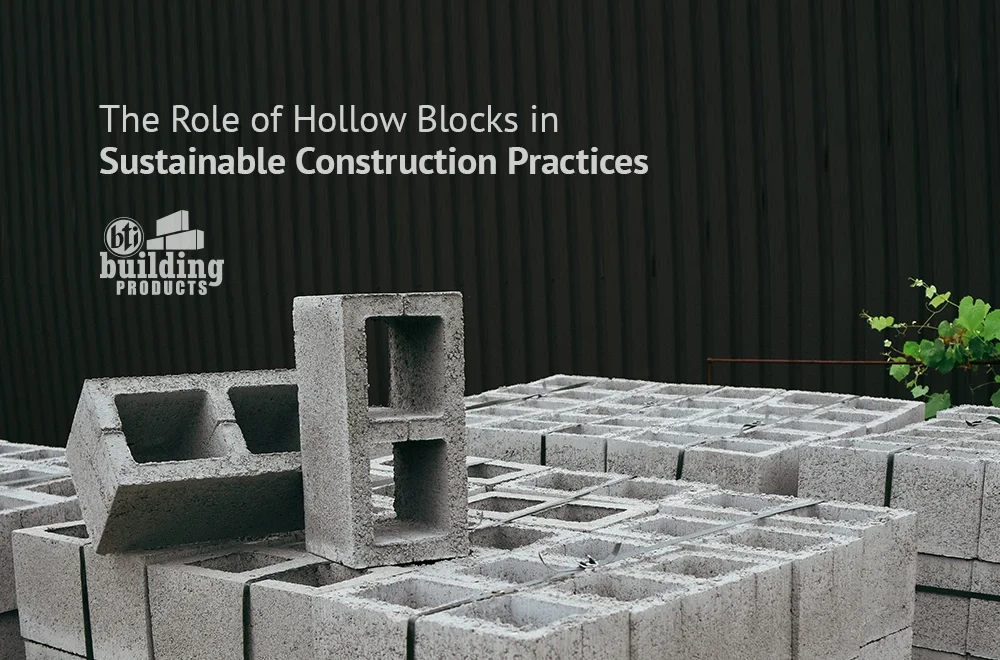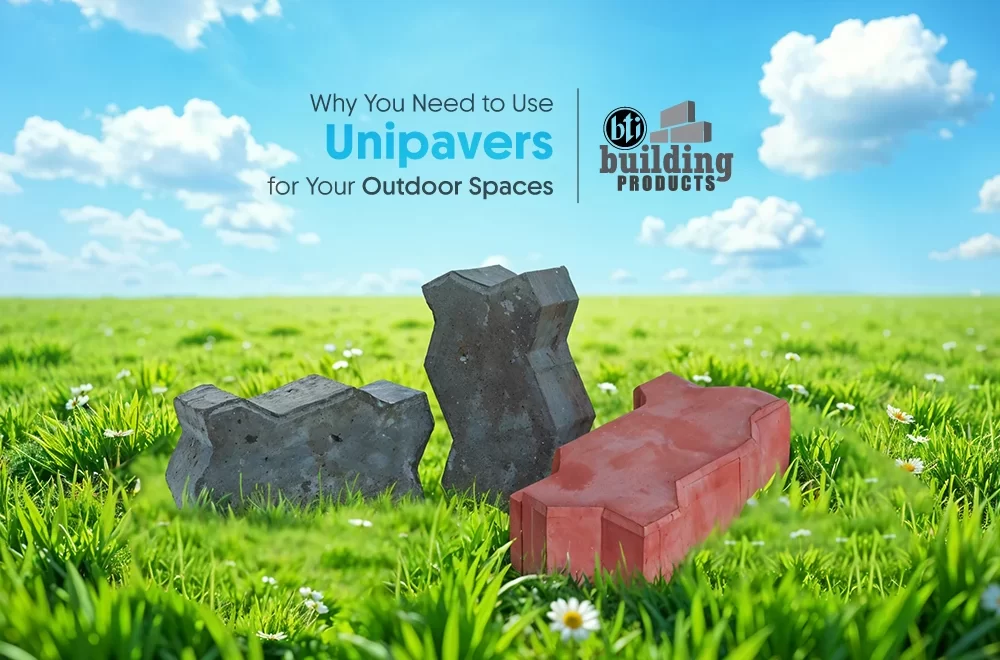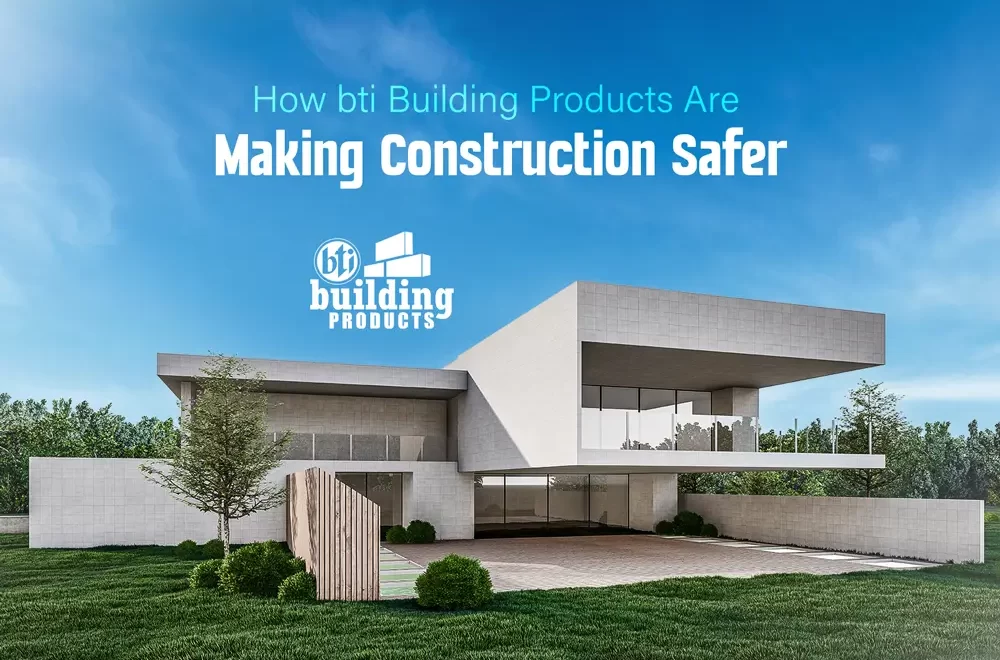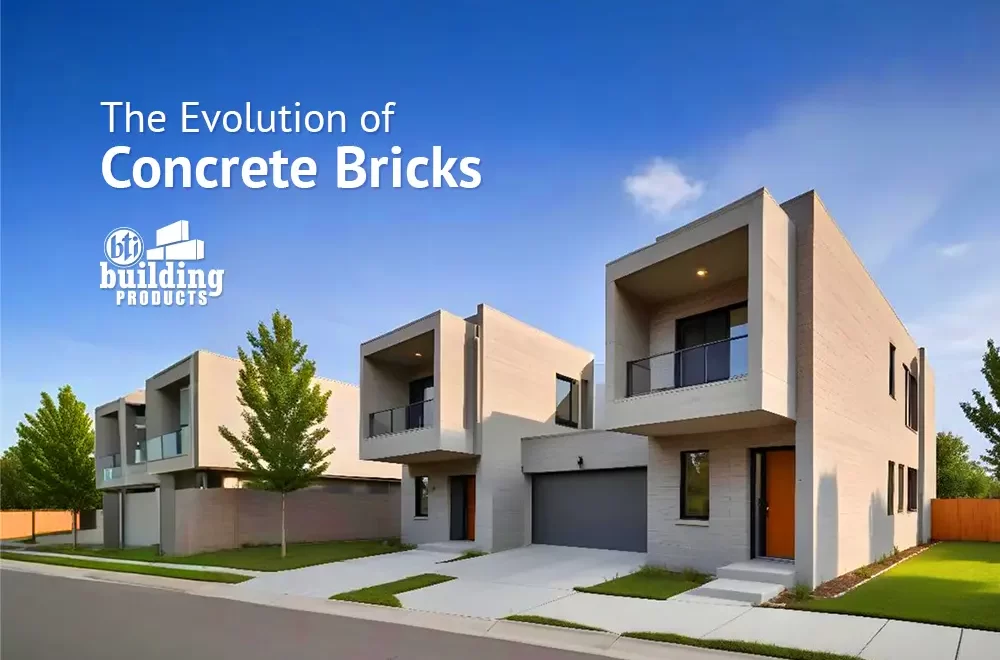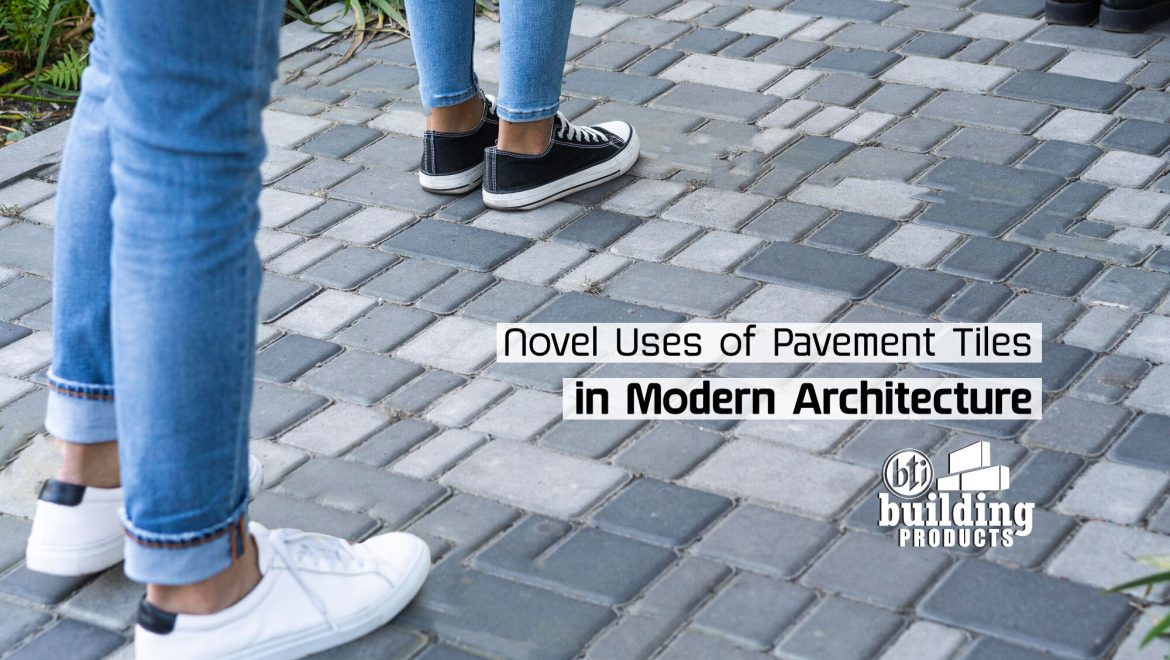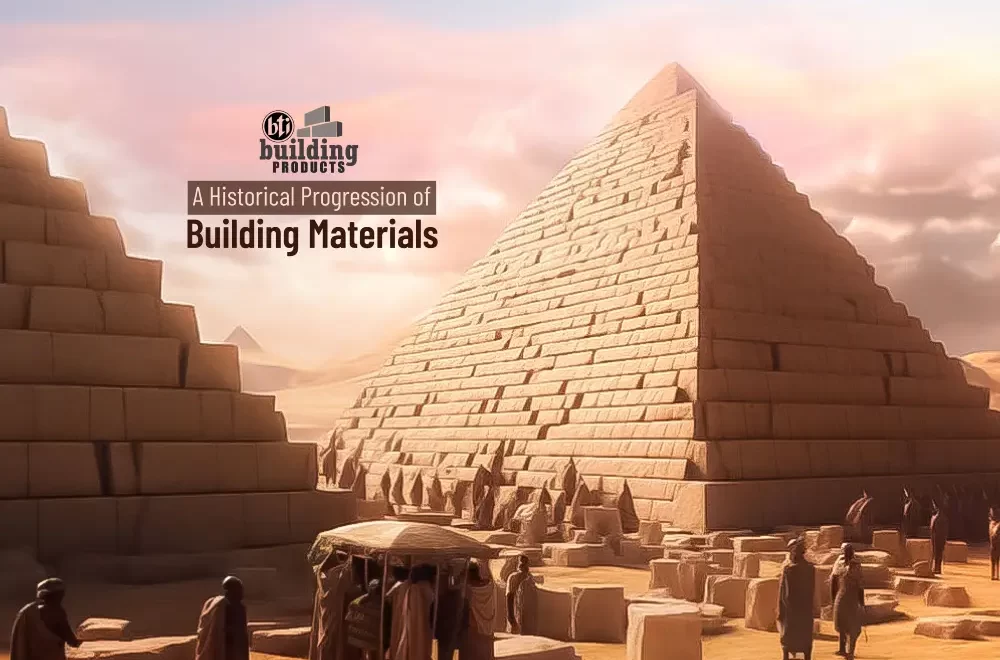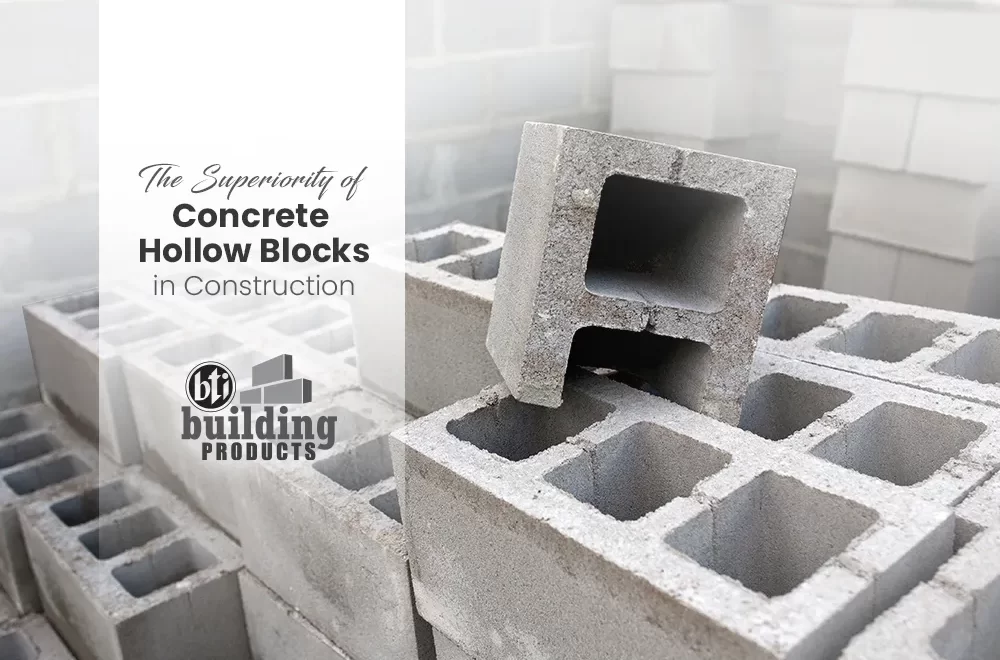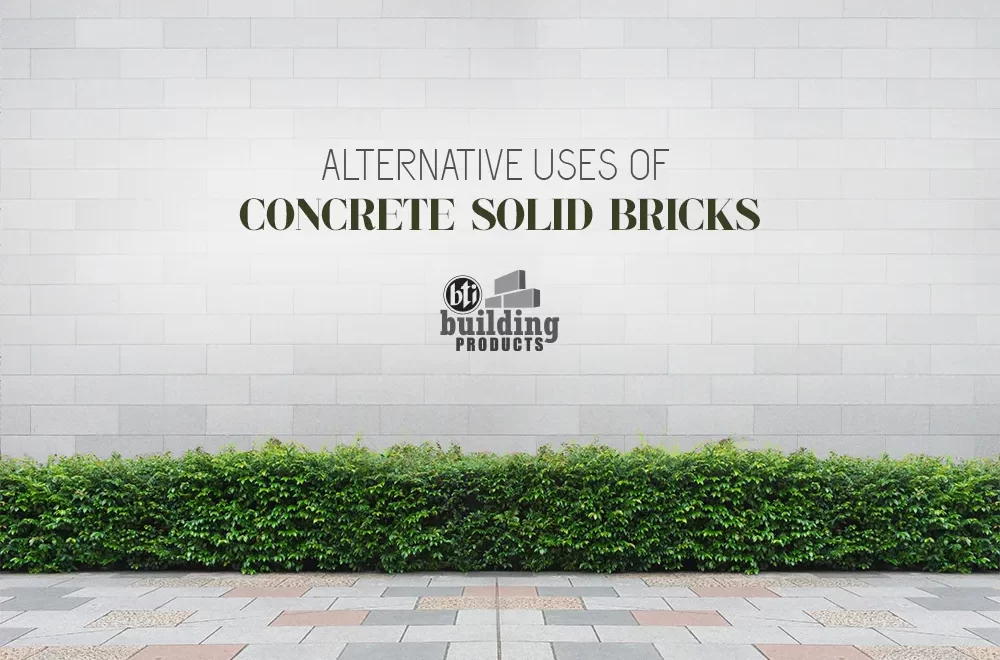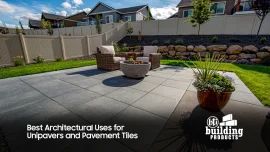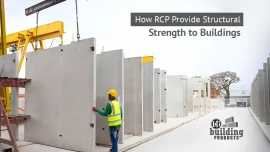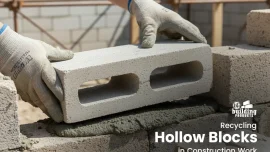Exploring bti Building Products Range of Eco-friendly Materials
From the moment of its inception, bti has always been a value-driven organization, with the main focus being on winning customers’ hearts. bti has also striven to keep the environment safe, making sure that future generations enjoy a better quality and standard of life. Through extensive research & development, a range of eco-friendly construction materials were created over the years that would be cost-saving, lightweight and durable, and be environmentally friendly to produce. In addition, eco-friendly construction materials like these have multiple purposes, which means that they could be used in different places.
The most important material that was launched through bti building products are the concrete hollow blocks. Not only did these blocks revolutionize the building and construction industry, but they single-handedly worked miracles in making this industry more environment-friendly. As we are all aware, most traditional buildings in Bangladesh were made using clay bricks that would need to be hardened by cooking in a kiln. This would release huge amounts of soot and carbon dioxide into the surrounding air, making the area around the kiln very heavily polluted. Clay bricks were also quite heavy, and since major real estate developers used manual labor for transportation of said bricks inside the site. It was a process that was time-consuming and inefficient at best, and destructive to the environment at its worst. It was also an inhuman task that day-labourers had to do for minimum wage.
Then, in 2016, bti became the first real estate giant in Bangladesh to launch a Strategic Business Unit (SBU) that would allow for the production and use of more environmentally-friendly eco-friendly construction materials. This would not only positively impact local air pollution, but would also help bti maintain high quality in construction. Since concrete hollow blocks had almost negligible levels of salinity, they would not absorb dampness – allowing interior and exterior walls to remain pristine, year after year. The hollow shape would also allow minimal heat and sound to enter (about 40-45% reduction), making these the premier choice for most developments, especially privately-owned ones. Perhaps the biggest plus point of concrete hollow blocks is that they are lightweight and durable, making them easy to transport within the site where they are in use. This will allow the structure using these blocks to be much lighter, which means these would be less inhuman to the day-labourers employed by every local Bangladeshi construction company.
At around the same time, concrete solid bricks were also launched as another counterpart to regular clay bricks. Along with all of the benefits of concrete hollow blocks, the advantages to these are that they are a step above clay bricks, but below concrete hollow blocks. Therefore they are lighter and more cost-effective than the traditional clay bricks that would previously be traditionally used in most construction. These durable solid bricks are lightweight, uniform in size, easy to use, and do not have any of the negative impacts of regular clay bricks. In addition, concrete solid bricks are eco-friendly as they do not require to be burnt in kilns for the final touch, and they also need very little mortar to make them adhere to each other.
Unipavers and pavement tiles are somewhat similar in what their intended or original purpose was meant to be. Both of these construction materials are available in an array of colors, sizes and specifications. Depending on what you intend to use it for, you can easily place your order for customization. You can use unipavers in your patios, walkways, and even in your landscaped rooftops to make a simple space just a little bit more unique. The zigzagging pattern of unipavers will give that space an extra edge. On the other hand, pavement tiles will lend your space a classy and elegant look. Use these to decorate your semi-outdoor spaces, balconies and BBQ areas and give these spaces a touch of elegance. The difference between unipavers and pavement tiles is very subtle (in terms of the way they look) but in terms of price, pavement tiles are more upscale, while unipavers are a little more budget-friendly.
No matter which one of the four different types of bti building products you choose, you will be creating a space that has an incomparable design. The biggest benefit you will get is that you will do the environment a favor by choosing eco-friendly construction materials. This means that you will help reduce pollution, saving the environment for many more generations to come.



